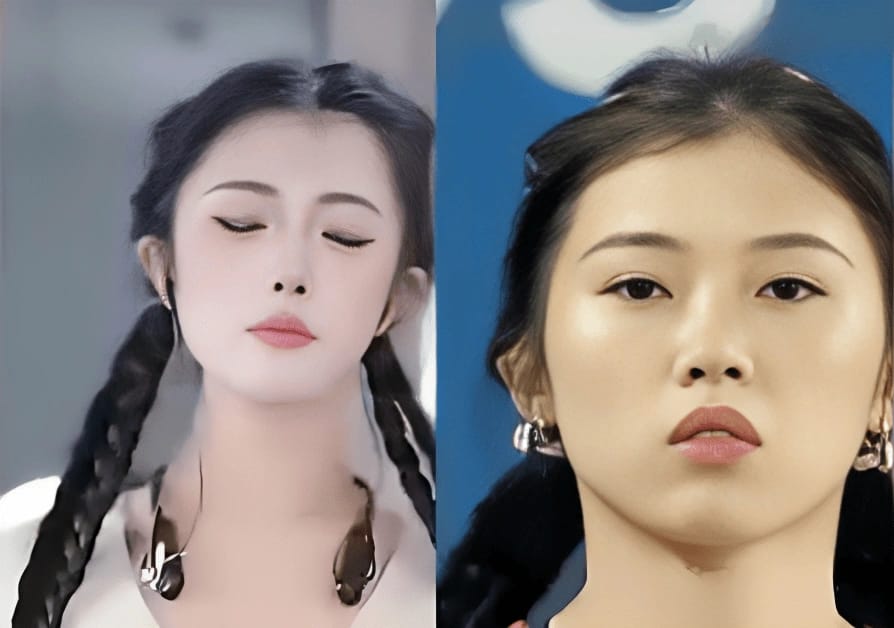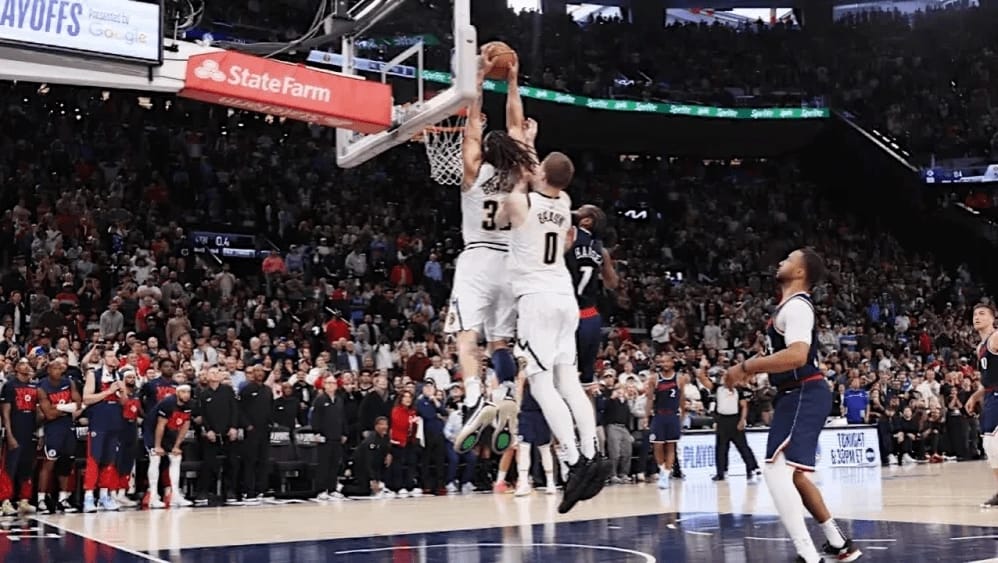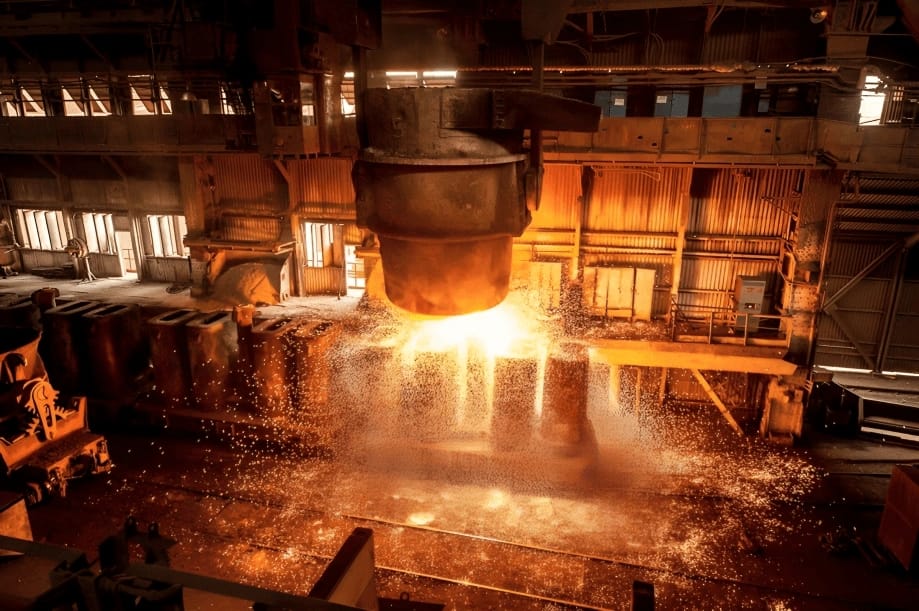A viral video featuring a Chinese Key Opinion Leader (KOL) has sparked widespread outrage and debate over the objectification of women in sports, particularly athletes. The video, which has been widely shared on Chinese social media platforms like Weibo, shows the KOL mimicking a female athlete’s iconic movements in a sensual and provocative manner, dressed in skimpy athletic gear. While the intention may have been to capitalize on the athlete’s popularity, the video has generated fierce criticism for reducing the athlete’s hard work and achievements to mere physicality and sexualized imagery.
The incident shines a light on the ongoing issue of the sexualization of women in sports, and the broader debate about how female athletes are portrayed in the media, online content, and advertisements.
The Video and Its Controversy
The video, which was first posted by a Chinese influencer who has millions of followers, shows her recreating the movements of a female athlete—an Olympic medalist, in this case—wearing athletic clothing. However, instead of focusing on the athleticism or technique that made the athlete famous, the KOL exaggerated certain elements, emphasizing her curves, sensual movements, and overall sexual appeal.
- Mimicking the Athlete’s Moves: The video is a stark contrast to the athlete’s original performance, which was celebrated for her strength, skill, and discipline. Instead of highlighting the athlete’s hard work or achievements, the KOL performed in a highly sexualized manner, using suggestive body language and facial expressions, which many perceived as trivializing the athlete’s accomplishments.
- Online Backlash: Once the video went viral, it quickly became a polarizing topic. Many people on Chinese social media expressed anger at the way the KOL had reduced a female athlete’s hard-earned success to nothing more than physical sex appeal. Critics argued that this kind of portrayal is part of a wider pattern of sexualizing women in sports, contributing to the objectification of female athletes.
- Supporters of the KOL: On the other hand, there were some who defended the KOL, claiming that it was just a form of entertainment and that there was no malicious intent behind it. They suggested that the video was simply a fun, attention-grabbing piece aimed at gaining views, and that the athlete herself should not be offended.
Key Issues Raised: Objectification and Sexualization of Women in Sports
The controversy over the video has drawn attention to two broader and highly contentious issues: the objectification of women in sports and the commercialization of female athletes.
- Sexualization of Female Athletes:
- Female athletes have long been subjected to a different kind of scrutiny than their male counterparts. While male athletes are often celebrated for their strength, talent, and intellect, female athletes frequently find themselves subjected to commentary on their appearance, bodies, and sexual appeal. This is especially true when it comes to media portrayals and advertisements, where physicality often takes precedence over athleticism.
- For instance, sports magazines or commercials featuring female athletes often focus on their looks or use sexually suggestive imagery to sell products, rather than emphasizing their skills or achievements in their respective sports. This kind of treatment perpetuates the idea that women in sports are there to entertain and attract attention, rather than to be respected for their professional achievements.
- The video in question amplifies this issue by reducing the athlete’s identity to an object of desire instead of highlighting her achievements, further entrenched by the sexualized mimicry.
- Gendered Double Standards in Sports:
- The KOL’s video taps into a broader issue that women in sports face: gendered double standards. Male athletes often enjoy respect and admiration for their talents and are not typically subjected to the same level of scrutiny over their appearance or sexualization. Female athletes, however, often face a double-edged sword. If they choose to embrace their femininity or sexuality, they are seen as weakening their professionalism, but if they reject it, they are often labeled as unattractive or unfeminine.
- The controversy surrounding the video reflects this paradox, as it suggests that women in sports must conform to traditional notions of femininity, whether it’s through physical appearance or sexual appeal, in order to gain attention or approval.
- The Impact on Athletes:
- Athletes’ Mental Health: The ongoing focus on the physical attributes of female athletes can contribute to mental health struggles, including body image issues, self-esteem challenges, and increased pressure to conform to unrealistic standards. Many female athletes have spoken out about the harm of being reduced to their appearance rather than their talent, which can have long-lasting effects on their sense of self-worth and career trajectory.
- Public Perception: The portrayal of athletes as sexual objects can also undermine their authority as professionals. Rather than being recognized as world-class athletes or role models, they are often framed as sexualized figures, which could detract from the respect and credibility they deserve in their respective sports.
- Social Media Influence:
- The rise of social media influencers (KOLs), especially in China, has brought a new dynamic to how athletes and public figures are perceived. KOLs are often seen as highly influential figures who can shape public opinion and trends, but their impact can be problematic when they focus on exploiting the sexual appeal of athletes to gain attention, rather than promoting them for their achievements.
- In this case, the video went viral largely because it played into a controversial yet popular formula of using sex appeal to generate views and engagement. However, this can also be seen as part of a larger trend where influencers capitalize on the sexualized image of female athletes without considering the ethical implications or the athletes’ consent.
Reactions from Sportswomen and Advocates
- Athletes’ Response: Many sportswomen have publicly denounced the sexualization of women in sports. For example, Serena Williams, one of the most celebrated athletes in the world, has previously spoken about the need for women to be respected for their athleticism, not their appearance. Similarly, Chinese athletes have weighed in, pointing out the damaging effects of this kind of portrayal on young girls aspiring to become professional athletes.
- Feminist Voices and Advocacy Groups: Feminist organizations and gender advocates have criticized the video for perpetuating the objectification of women in sports. They argue that the focus should be on celebrating female athletes’ achievements, rather than reducing them to mere sexualized figures. Media literacy and the importance of teaching young people to recognize and challenge gender-based stereotypes are often part of these arguments.
Broader Cultural and Social Implications
The incident highlights ongoing struggles regarding gender representation in Chinese society and global culture. While China has made significant strides in gender equality, especially in the political and economic spheres, there remain deep-seated cultural expectations regarding women’s roles in society.
- The video reflects how traditional ideas of femininity are still pervasive, even in the modern era of digital media. The use of sex appeal as a marketing tool can undermine progress toward achieving true gender equality, particularly in public spaces like sports.
- The controversy also brings attention to the global nature of the problem. While the video may have originated in China, the issue of objectifying female athletes is a worldwide concern, faced by women in sports across different countries and cultures.
Conclusion: A Call for Change
The viral video mimicking a female athlete in a sexy, objectified manner has ignited a critical debate about the sexualization of women in sports. This incident highlights how deeply embedded these gendered expectations are in both media and culture. While the KOL and her supporters may argue that the video was a harmless form of entertainment, the backlash underscores the need to reassess how women in sports are portrayed and how their achievements are valued.
As more athletes and advocates speak out against this kind of objectification, the hope is that we can begin to shift the conversation from women being seen as mere objects of desire to being recognized as the strong, talented, and accomplished individuals they truly are.





